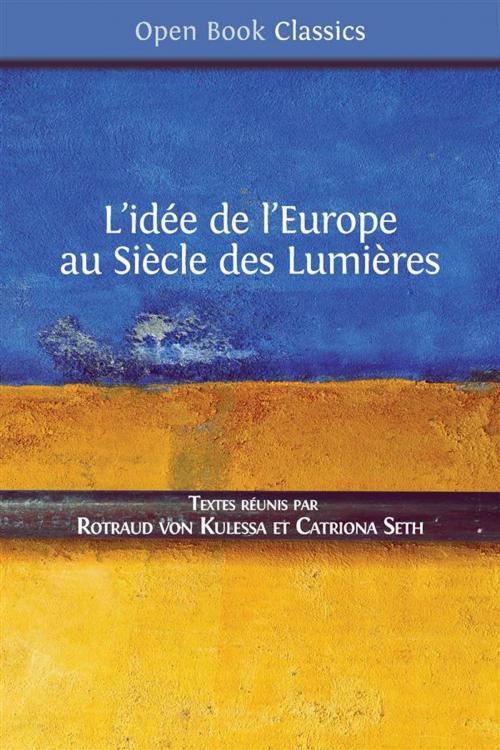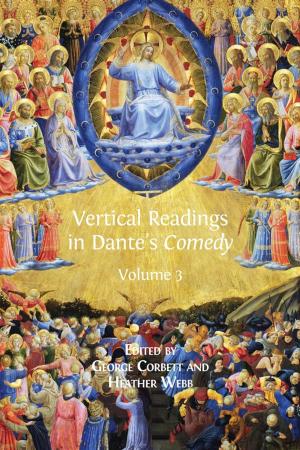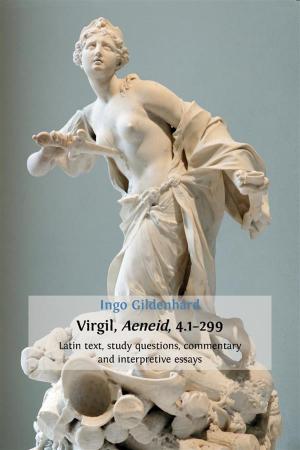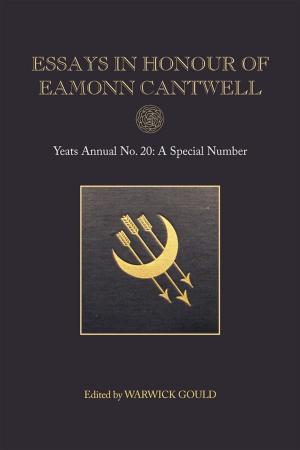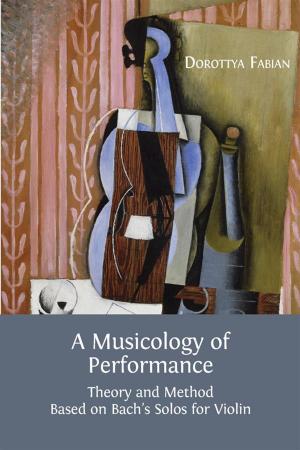L’idée de l’Europe
au Siècle des Lumières
Nonfiction, Religion & Spirituality, Philosophy, Political, Fiction & Literature, Literary Theory & Criticism| Author: | Rotraud von Kulessa, Catriona Seth | ISBN: | 9781783743469 |
| Publisher: | Open Book Publishers | Publication: | May 2, 2017 |
| Imprint: | Language: | French |
| Author: | Rotraud von Kulessa, Catriona Seth |
| ISBN: | 9781783743469 |
| Publisher: | Open Book Publishers |
| Publication: | May 2, 2017 |
| Imprint: | |
| Language: | French |
Face aux défis – entre autres politiques – auxquels sont confrontés différents pays européens, les chercheurs dix-huitiémistes ont souhaité revenir sur des expressions anciennes de valeurs partagées et les interrogations passées sur des questions qui restent souvent d’actualité. Au Siècle des Lumières, nombre d’hommes et de femmes de lettres ont envisagé l’avenir du continent en particulier pour entériner leur souhait de garantir la paix en Europe. Les textes, réunis dans cette anthologie, et signés des grands écrivains du temps (Rousseau, Montesquieu, Voltaire, Kant, Hume ou encore Staël), comme d’oubliés de l’histoire, présentent, avec quelques excursus chronologiques (de Sully à Hugo) les réflexions de penseurs d’un dix-huitième siècle aux bornes chronologiques étendues – l’émergence et la chute de l’Empire engendrent des bouleversements nombreux –, sur l’Europe, son histoire, sa diversité, mais aussi sur ce qu’ont en commun les nations qui composent, dans leur variété, un ensemble géographique. Ils mettent en évidence les origines historiques d’un projet d’union européenne, le souhait de consolider les liens du continent avec le Maghreb ou la Turquie, l’importance accordée au commerce et les inquiétudes suscitées par les sursauts de l’histoire, mais aussi l’espoir placé dans les générations futures.
La Société française d’étude du XVIIIe siècle, l’Université d’Augsburg, l’Université d’Oxford ont généreusement contribué à la publication de ce volume.
In view of the challenges—many of which are political—that different European countries are currently facing, scholars who work on the 18th century have compiled this anthology which includes earlier recognitions of common values and past considerations of questions which often remain pertinent nowadays. During the Enlightenment, many men and women of letters envisaged the continent’s future in particular when stressing their hope that peace could be secured in Europe. The texts gathered here, and signed by major thinkers of the time (Rousseau, Montesquieu, Voltaire, Kant, Hume or Staël for instance), as well as by writers history has forgotten, present the reflections, with a couple of chronological extensions (from Sully to Victor Hugo) of authors from the long eighteenth century—the French Empire and the fall of Napoleon generated numerous upheavals—on Europe, its history, its diversity, but also on what the nations, which, in all their diversity, make up a geographical unit, have in common. They show the historical origins of the project of a European union, the desire to consolidate the continent’s ties to the Maghreb or to Turkey, the importance granted to commerce and the worries engendered by history’s convulsions, but also the hope vested in future generations.
The Société française d’étude du XVIIIe siècle, Augsburg University and the University of Oxford have generously contributed towards the publication of this volume.
Face aux défis – entre autres politiques – auxquels sont confrontés différents pays européens, les chercheurs dix-huitiémistes ont souhaité revenir sur des expressions anciennes de valeurs partagées et les interrogations passées sur des questions qui restent souvent d’actualité. Au Siècle des Lumières, nombre d’hommes et de femmes de lettres ont envisagé l’avenir du continent en particulier pour entériner leur souhait de garantir la paix en Europe. Les textes, réunis dans cette anthologie, et signés des grands écrivains du temps (Rousseau, Montesquieu, Voltaire, Kant, Hume ou encore Staël), comme d’oubliés de l’histoire, présentent, avec quelques excursus chronologiques (de Sully à Hugo) les réflexions de penseurs d’un dix-huitième siècle aux bornes chronologiques étendues – l’émergence et la chute de l’Empire engendrent des bouleversements nombreux –, sur l’Europe, son histoire, sa diversité, mais aussi sur ce qu’ont en commun les nations qui composent, dans leur variété, un ensemble géographique. Ils mettent en évidence les origines historiques d’un projet d’union européenne, le souhait de consolider les liens du continent avec le Maghreb ou la Turquie, l’importance accordée au commerce et les inquiétudes suscitées par les sursauts de l’histoire, mais aussi l’espoir placé dans les générations futures.
La Société française d’étude du XVIIIe siècle, l’Université d’Augsburg, l’Université d’Oxford ont généreusement contribué à la publication de ce volume.
In view of the challenges—many of which are political—that different European countries are currently facing, scholars who work on the 18th century have compiled this anthology which includes earlier recognitions of common values and past considerations of questions which often remain pertinent nowadays. During the Enlightenment, many men and women of letters envisaged the continent’s future in particular when stressing their hope that peace could be secured in Europe. The texts gathered here, and signed by major thinkers of the time (Rousseau, Montesquieu, Voltaire, Kant, Hume or Staël for instance), as well as by writers history has forgotten, present the reflections, with a couple of chronological extensions (from Sully to Victor Hugo) of authors from the long eighteenth century—the French Empire and the fall of Napoleon generated numerous upheavals—on Europe, its history, its diversity, but also on what the nations, which, in all their diversity, make up a geographical unit, have in common. They show the historical origins of the project of a European union, the desire to consolidate the continent’s ties to the Maghreb or to Turkey, the importance granted to commerce and the worries engendered by history’s convulsions, but also the hope vested in future generations.
The Société française d’étude du XVIIIe siècle, Augsburg University and the University of Oxford have generously contributed towards the publication of this volume.
